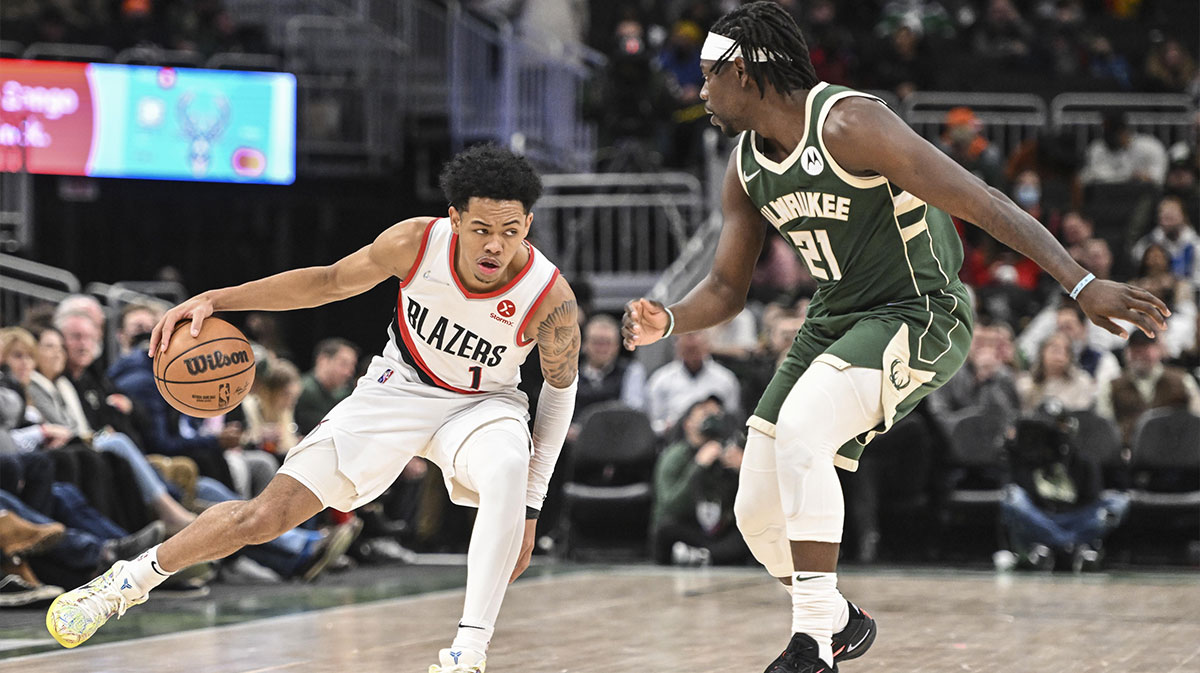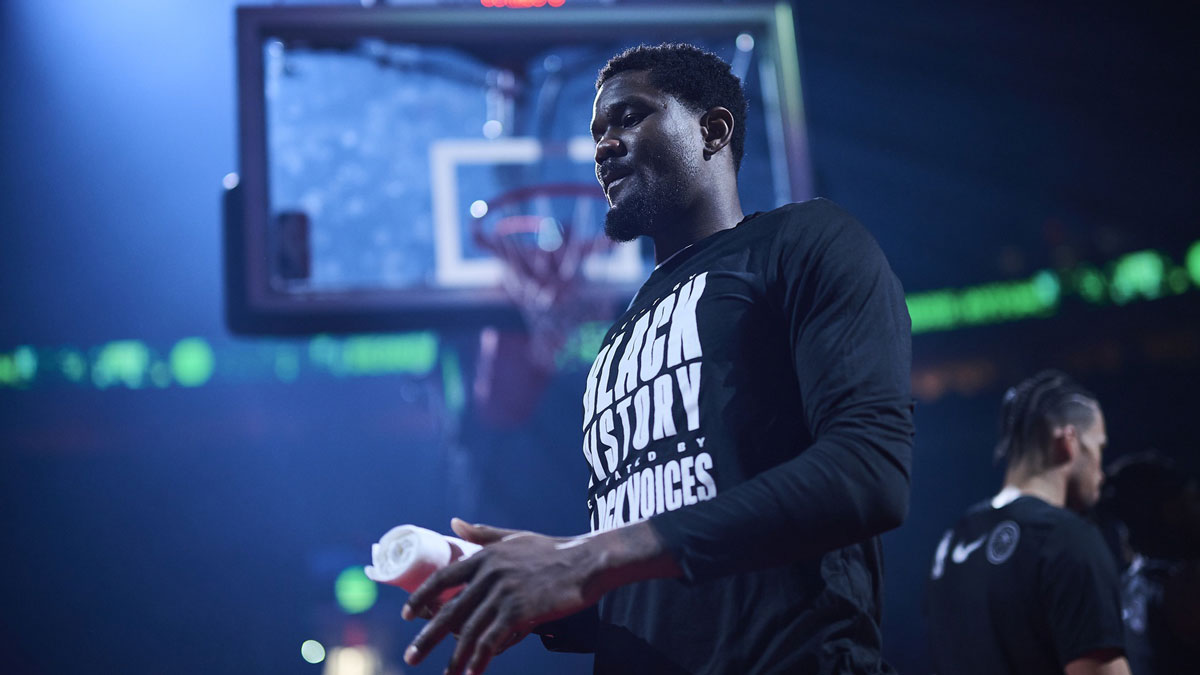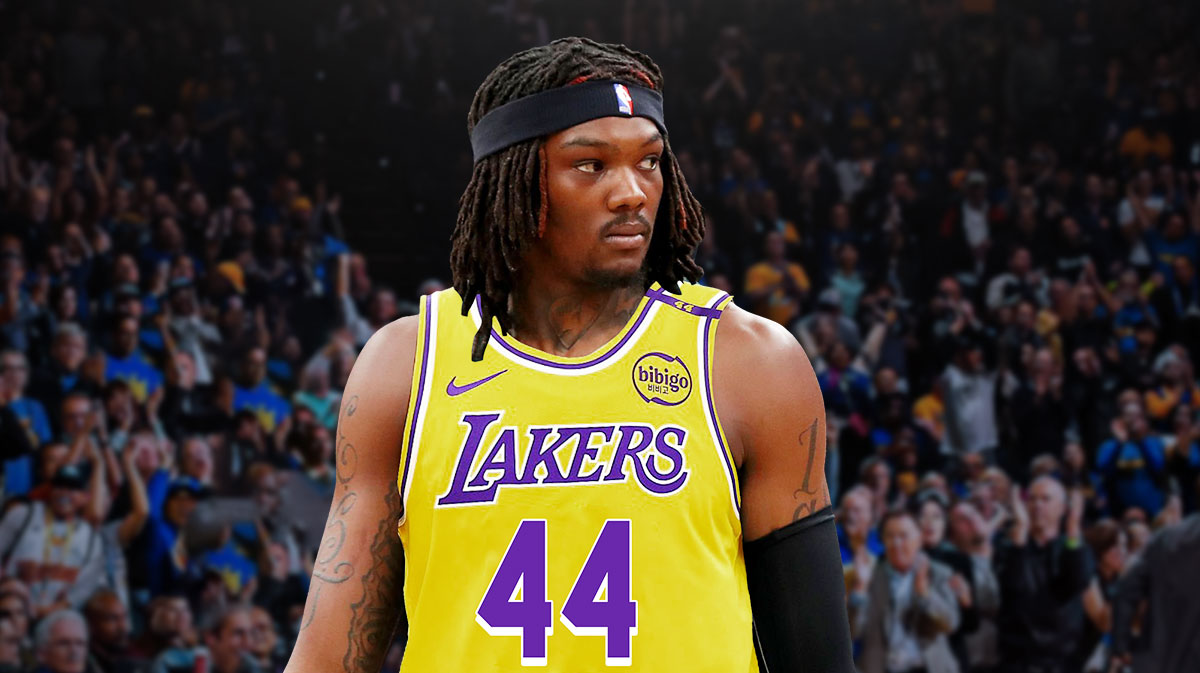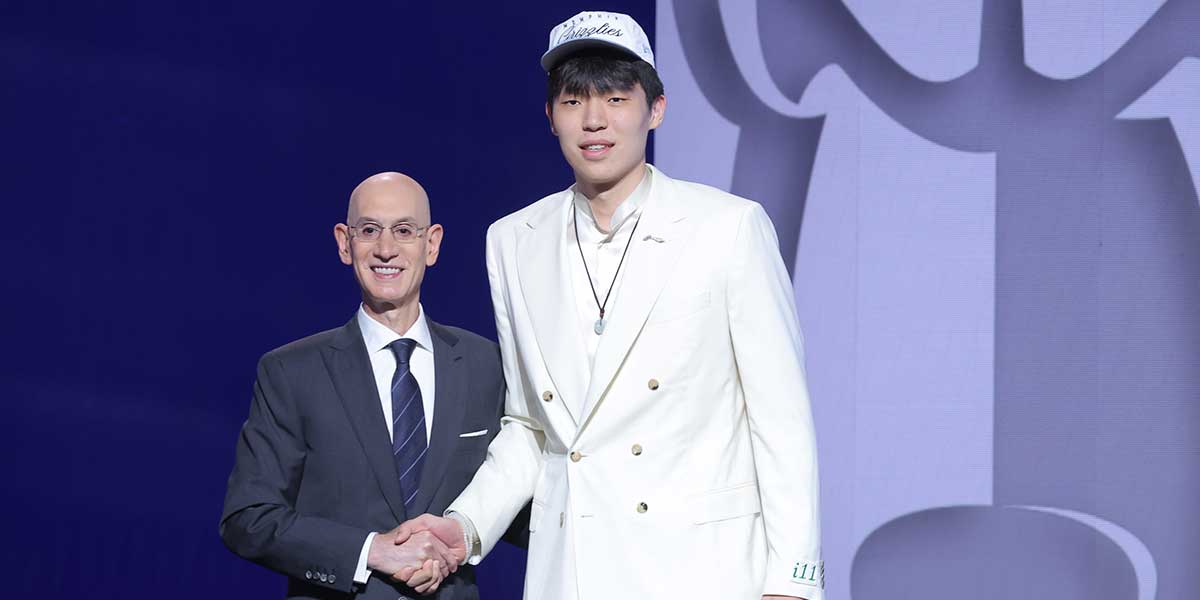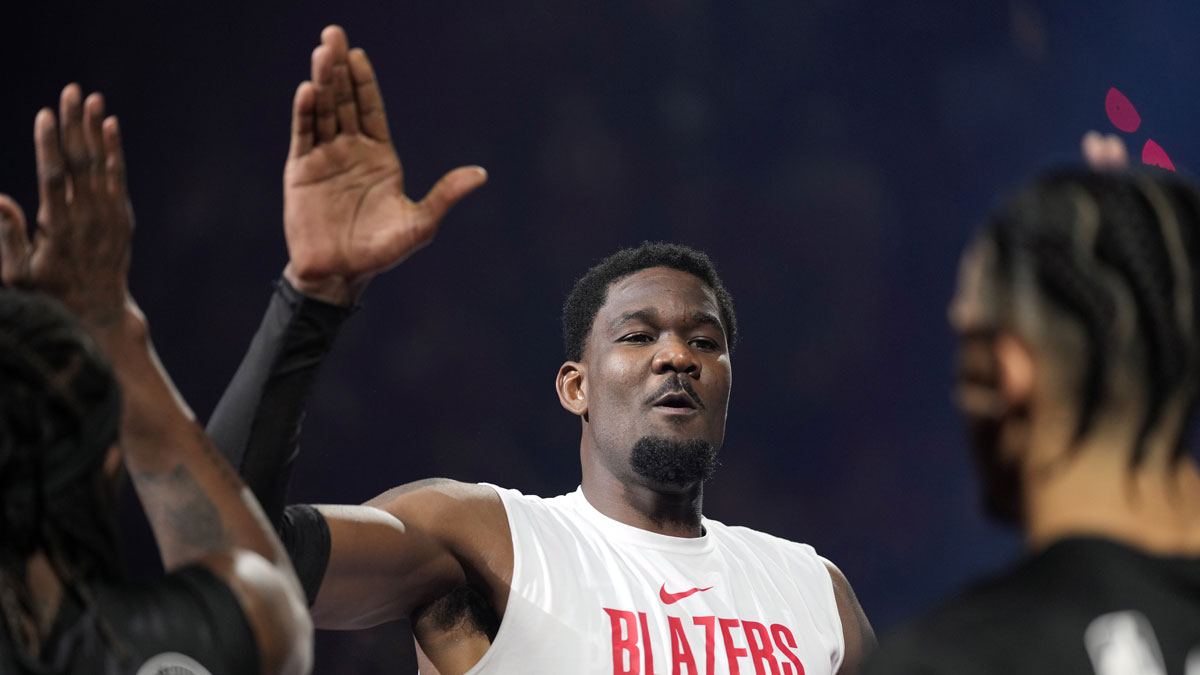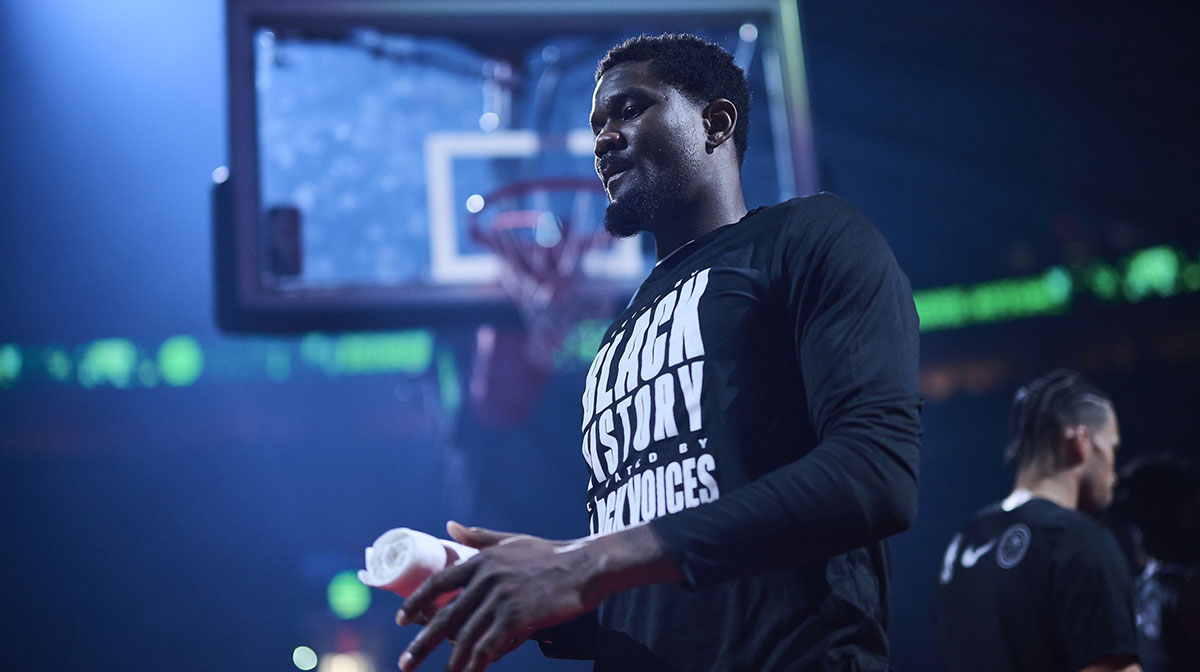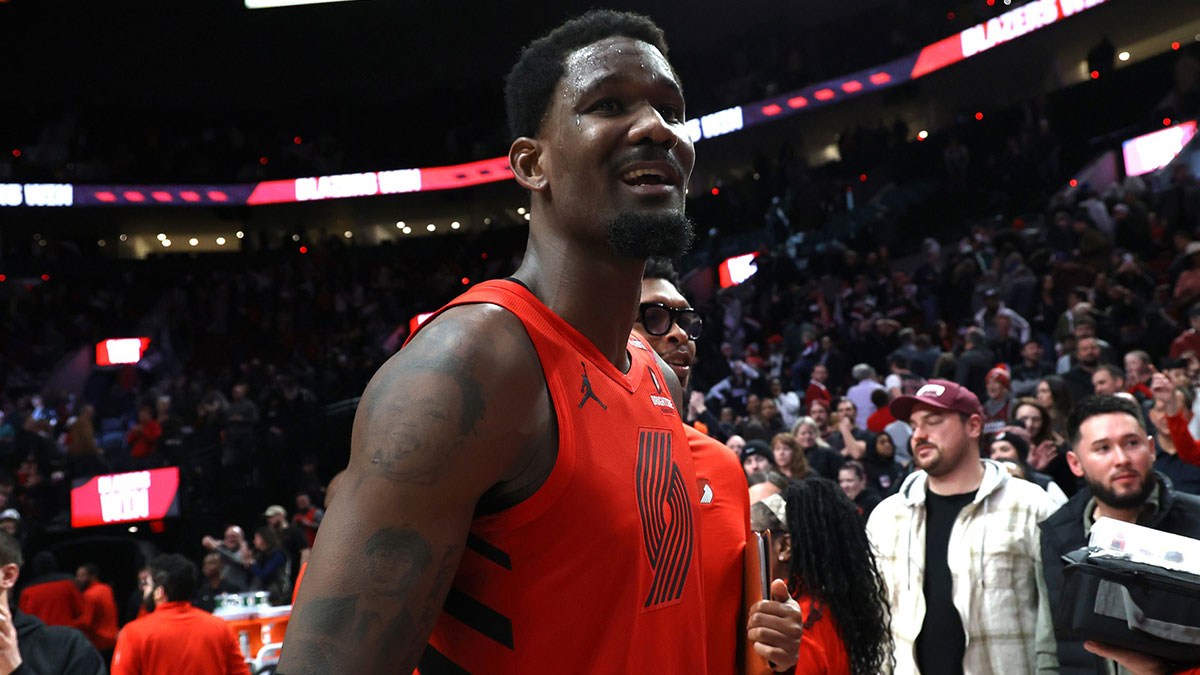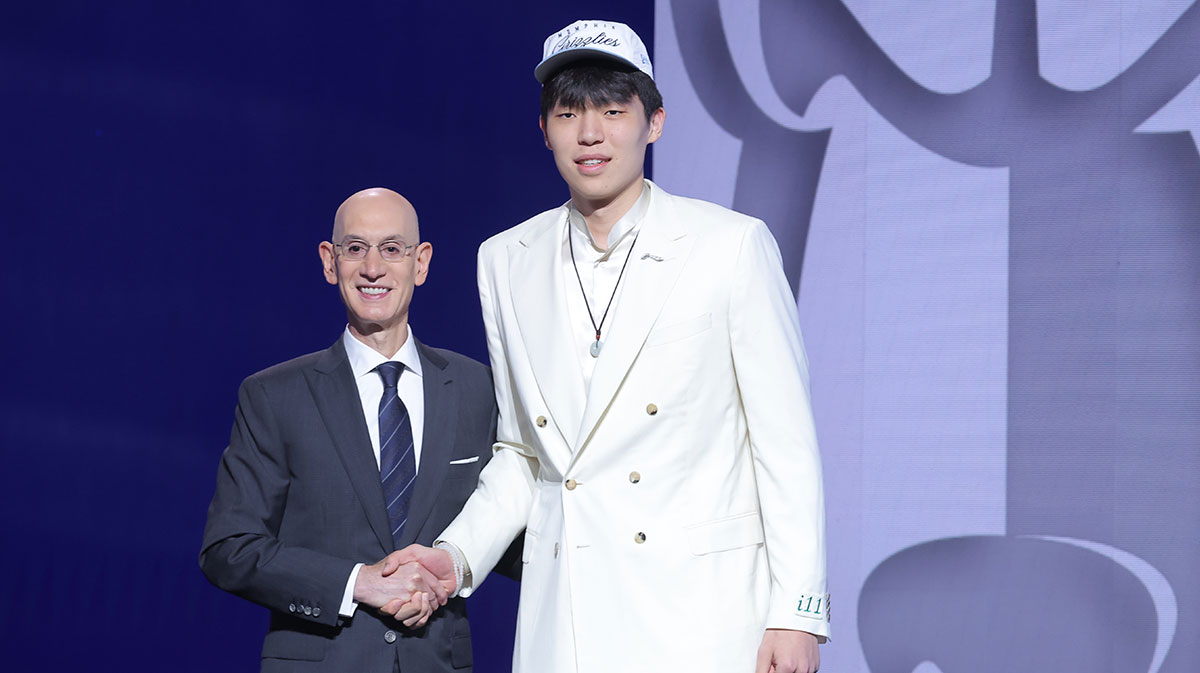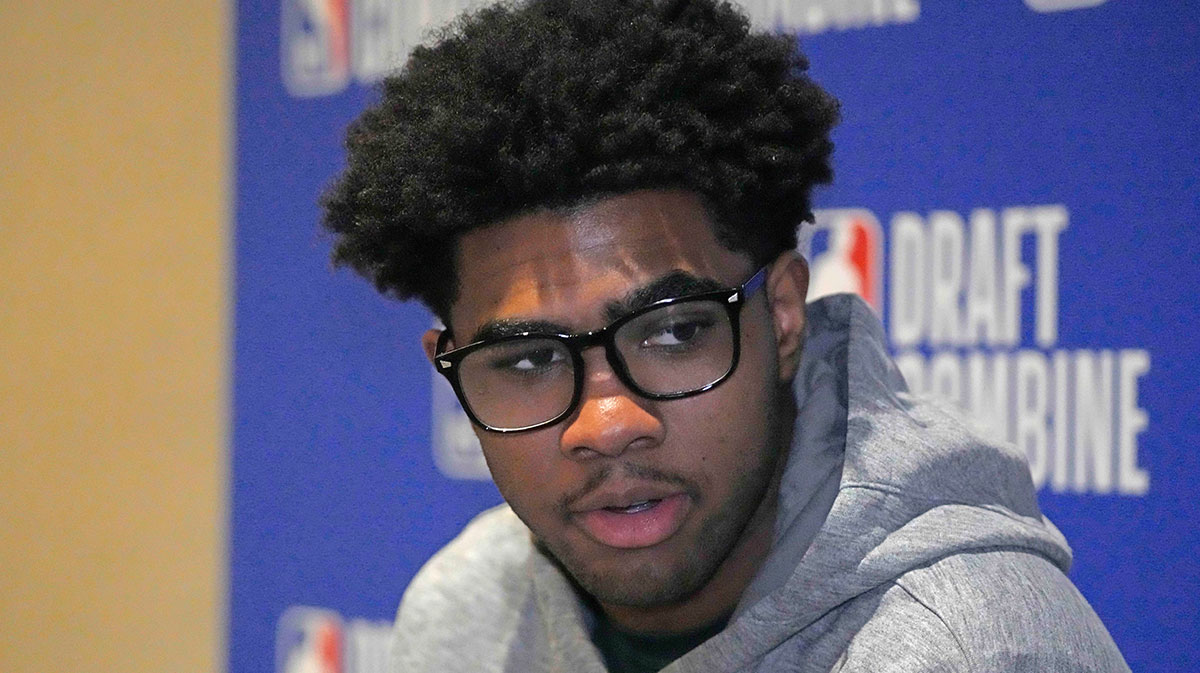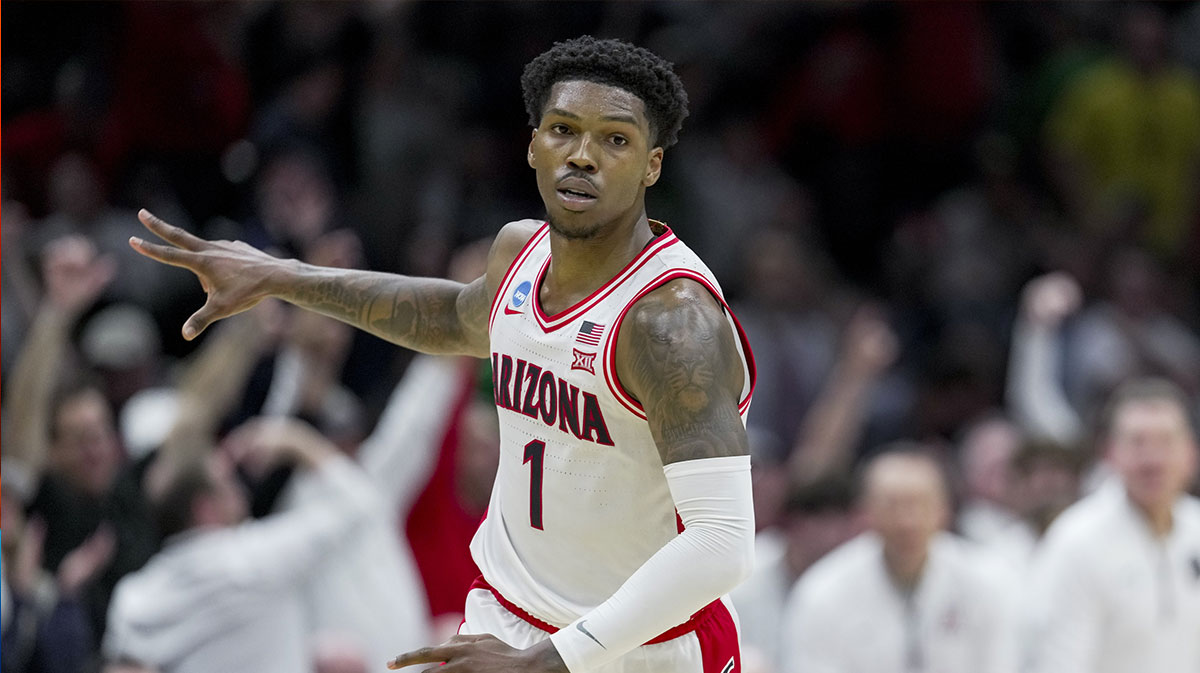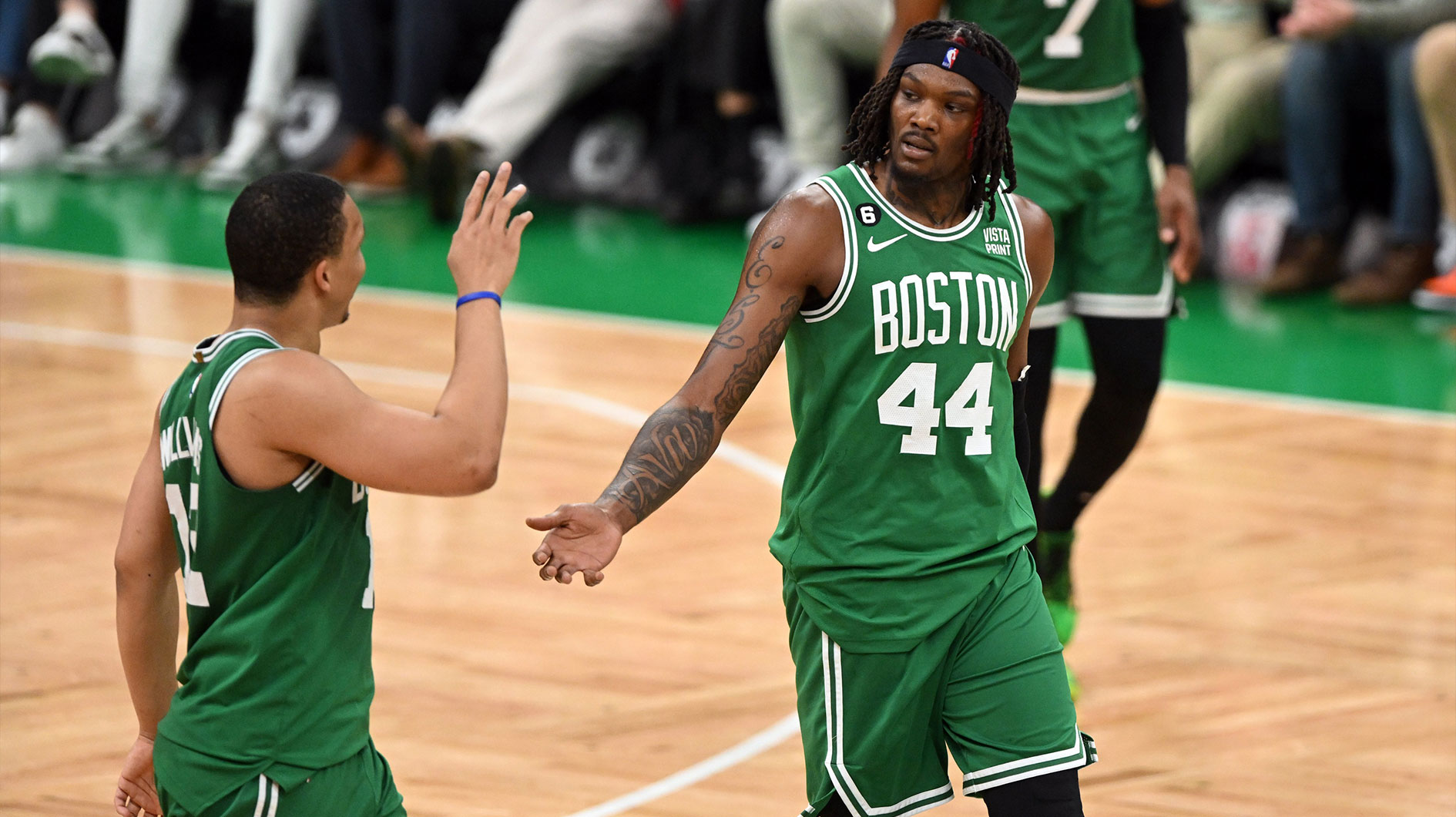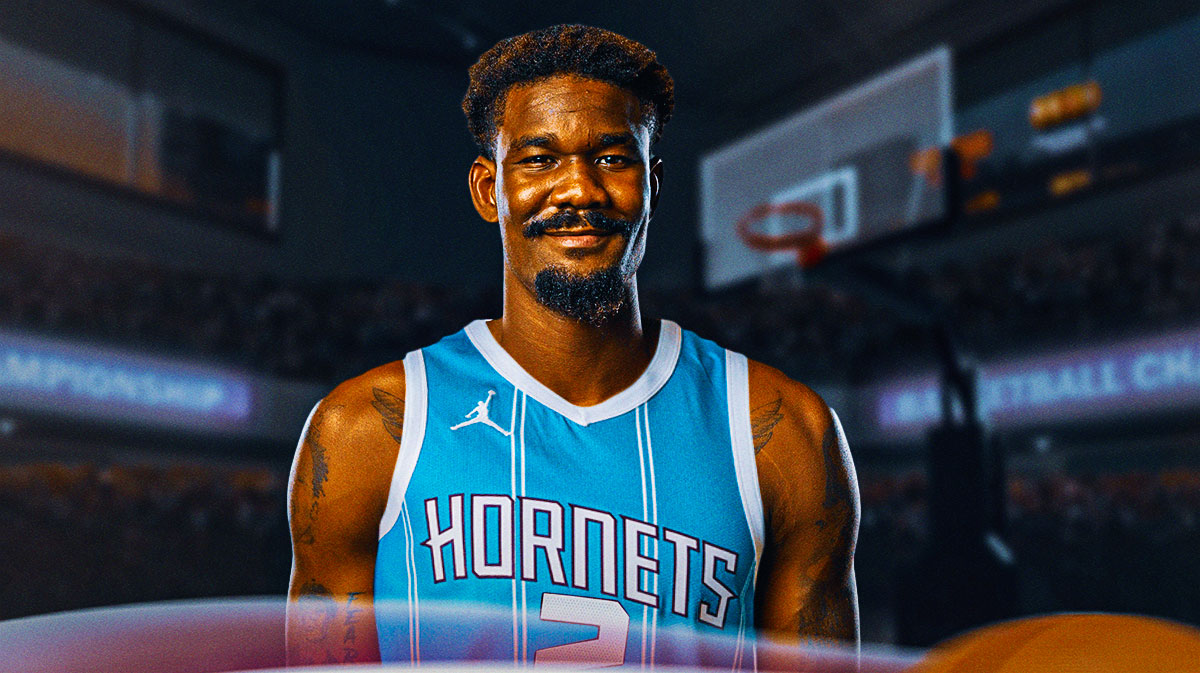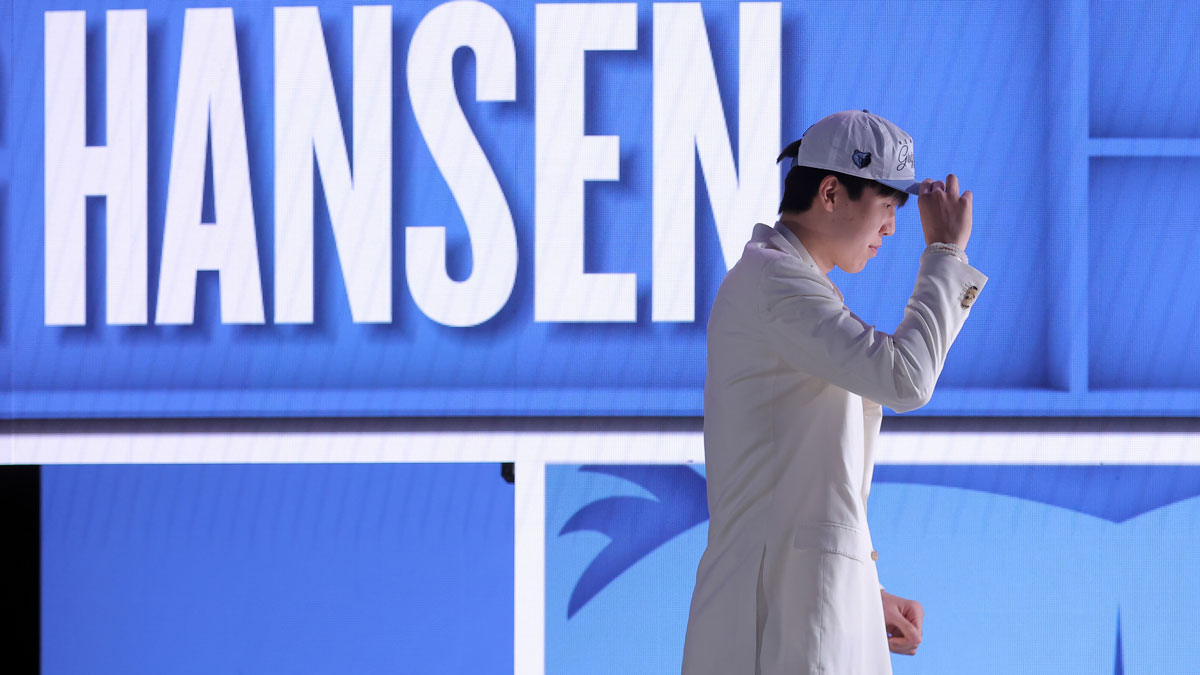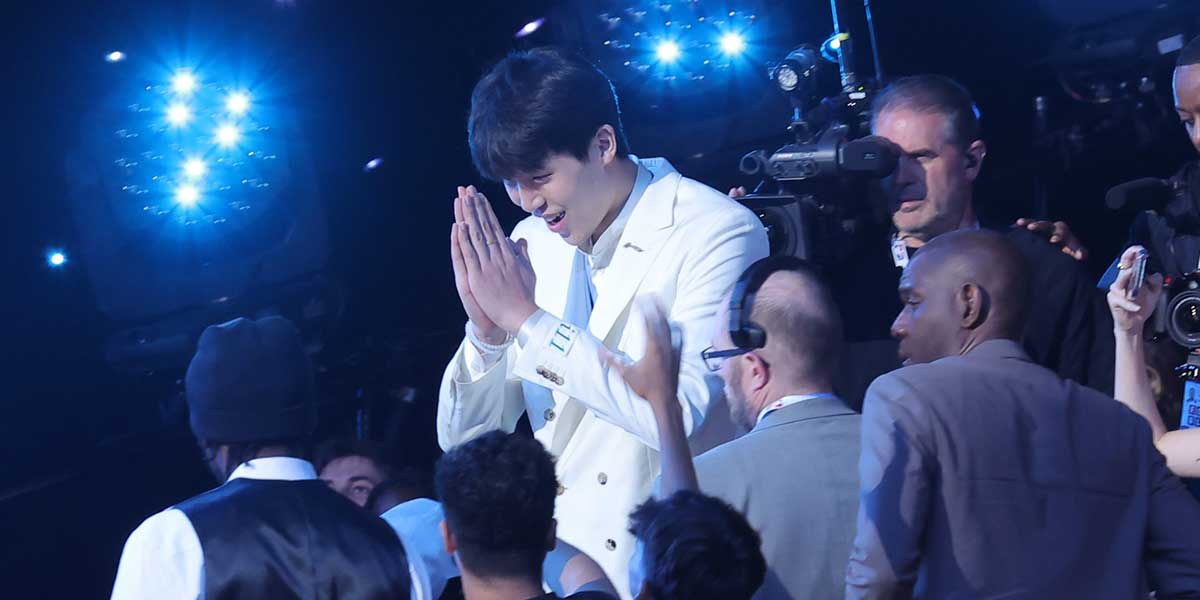Norman Powell will miss his third game of the season on Monday night, sitting out against the Utah Jazz due to a right quad contusion. But instead of ascendant wing Nassir Little taking his place in the Portland Trail Blazers' starting lineup, Chauncey Billups has opted to open with veteran Tony Snell on the perimeter next to Damian Lillard and C.J. McCollum.
Tony Snell will get the start tonight versus Jazz in place of Norman Powell (right knee contusion)
— Casey Holdahl (@CHold) November 29, 2021
Powell's injury, to be clear, doesn't seem of the serious variety. He received treatment on Monday, and his status for the second leg of Portland's back-to-back against the Detroit Pistons at Moda Center is currently unknown. Powell's quad injury isn't related to the left knee tendinopathy that caused him to miss consecutive games in late October, either.
Still, his absence against one of basketball's best teams and Billups' means of addressing it in the starting lineup point to the same overarching question that's long faced the Blazers. Just how can this team best account for its obvious lack of top-tier talent and quality depth on the wing?
Little's emergence as a bonafide rotation player this season, unfortunately, doesn't answer it alone. He started in place of Powell at small forward versus the LA Clippers and Memphis Grizzlies earlier this season, and regularly enters games for the first time playing the same position alongside pairs of guards and bigs. But Billups is clearly most comfortable for now playing Little at power forward, where he's become a fixture of the Blazers' downsized closing five.
Lineups featuring Little and Robert Covington at the forward spots, Portland's best combination of defense, length and shot-making on the wing, have hemorrhaged points this season en route to a -3.5 net rating, per Cleaning the Glass. The problem for Portland is that Billups' en vogue closing lineup has fared far worse. That unit has a -13.8 net rating in an admittedly tiny sample size of 48 possessions, and late-game circumstances of time and score add some noise to that number that doesn't apply before then.
But what's just as telling of the Blazers' problems at wing? Billups choosing to start Snell ahead of Little despite the former's at-best innocuous impact on his new team.
Snell, signed for the veteran's minimum in August, has appeared in every game since returning from a preseason foot injury on November 1st, averaging 1.1 points in nine minutes on just 5-of-20 shooting overall—with all but two of those attempts coming from beyond the arc. Though he's been a reliable back-line help defender in terms of positioning, Snell's lack of strength and athletic pop have hardly made him an effective deterrent at the rim. He's mostly been exploited as a switch defender, too, quicker guards routinely taking advantage of his lagging foot speed.
Billups has maintained he prefers a nine-player rotation, but Snell has been Portland's tenth man ever since he was healthy enough to play. Clearly, the Blazers' rookie head coach knows his team needs the additional dose of size and shooting ability on the wing that Snell theoretically offers. Could getting extended minutes as a starter in Monday's game give Snell the momentum necessary to actually start providing it? Perhaps, though a drop-defense team like Utah that pings the ball around the floor represents quite a challenge for a player with his strengths and weaknesses.
Regardless, don't read too much into Snell's spot start as it relates to Little. Billups has feted the third-year wing as much as any player on the roster, frequently mentioning how much he “loves” Little's energy and intensity. He's a fixture for Portland now.
For the Blazers to reach their idealized peak, Snell needs to become one, too. Here's hoping that process begins on Monday night.

